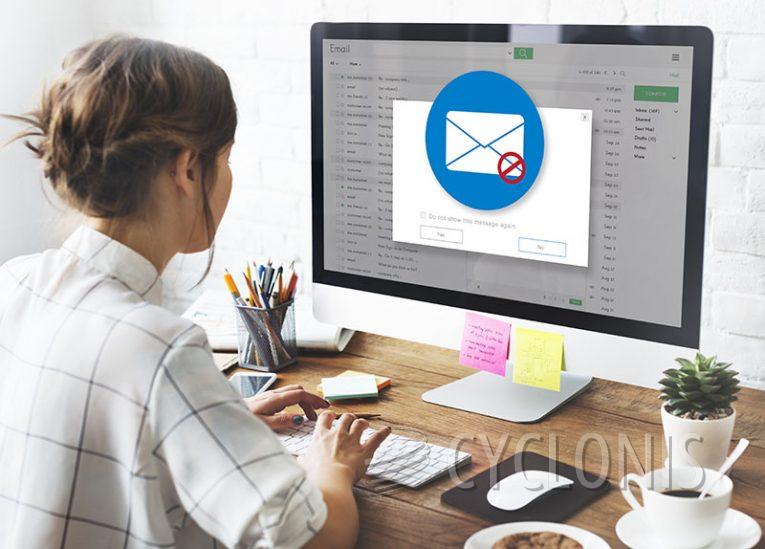'OVHCloud Suspension' Email Scam Impersonates Legitimate Company

During the examination of this email, our team has identified it as a sophisticated phishing effort camouflaged as a notification from a cloud service provider. This strategy is employed by scammers to attract unwary recipients towards accessing a fraudulent webpage and divulging their personal details. Consequently, we strongly advise recipients to disregard and avoid engaging with this email. It should also be noted that the scam email has nothing to do with the legitimate OVHcloud service provider and entity.
The email falsely presents itself as originating from OVHcloud. It alleges that the recipient serves as the primary contact for a specific domain name. Within the content, it asserts that the purpose behind this communication is to inform the recipient about critical alterations affecting their OVHCloud products. The email outlines a practice of sending reminders at varying intervals — 60, 30, 15, 7, and 3 days—prior to product expiration.
The email employs a sense of urgency, urging the recipient to take immediate action by visiting an "official" website. It prompts them to initiate the renewal procedure using a provided link, purportedly to avert the suspension of the domain. The email specifically highlights the availability of multiple payment methods, yet underscores that credit card payments are preferred for quicker processing.
Adding to the urgency, the email warns that failing to fulfill the necessary payment within the subsequent 48 hours could result in the permanent termination of the domain name. It's crucial to once again emphasize that OVHcloud is a legitimate cloud computing entity unrelated to this fraudulent scheme.
Contained within the email is a hyperlink labeled as "avoid suspension." If clicked, this link leads to a deceitful login page designed to imitate the actual webpage, customized to mimic the recipient's email address. For example, if the recipient employs Outlook, the deceptive page mirrors the appearance of a Microsoft website.
The intention behind the webpage endorsed by this fraudulent email is to entice recipients into entering their email account login credentials. Once the scammers gain access to these credentials, they can engage in an array of malicious activities. These include exploiting the compromised account to dispatch phishing emails to the victim's contacts, with the aim of extracting sensitive information or disseminating malware.
What Are the Most Common Tricks Scammers Use to Lure Victims?
Scammers employ a variety of tricks to manipulate and lure victims into their schemes. These tactics prey on emotions, urgency, and trust to make victims more likely to take action without thoroughly evaluating the situation. Here are some common tricks scammers use:
- Urgency and Fear: Scammers often create a sense of urgency or fear to pressure victims into immediate action. They might claim that an account will be suspended, a payment is overdue, or legal action will be taken if the victim doesn't act quickly.
- Phishing Emails: Scammers send emails that appear to be from legitimate sources, such as banks, government agencies, or reputable companies. These emails often contain urgent requests for personal information, account details, or payment.
- Fake Websites: Scammers create websites that closely resemble legitimate ones, using similar URLs and designs. Victims might unknowingly input sensitive information on these sites, which scammers then use for identity theft or financial fraud.
- Impersonation: Scammers pretend to be someone the victim trusts, such as a family member, friend, coworker, or even a company executive. They use this trust to request money or sensitive information.
- Romance Scams: Scammers build online relationships with victims, often on dating platforms. They gain the victim's trust and then ask for money, claiming it's for emergencies or travel.
- Lottery or Prize Scams: Scammers inform victims that they've won a prize, lottery, or sweepstakes. To claim the prize, victims are asked to pay fees or provide personal information.








